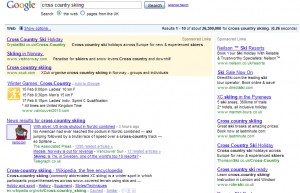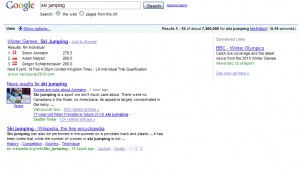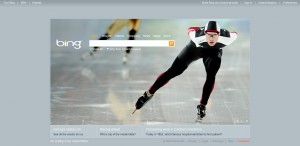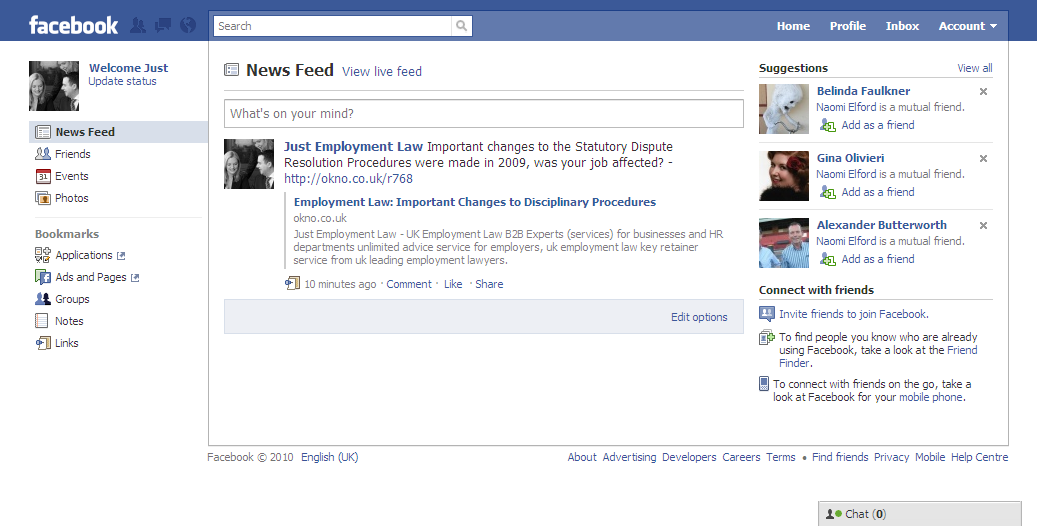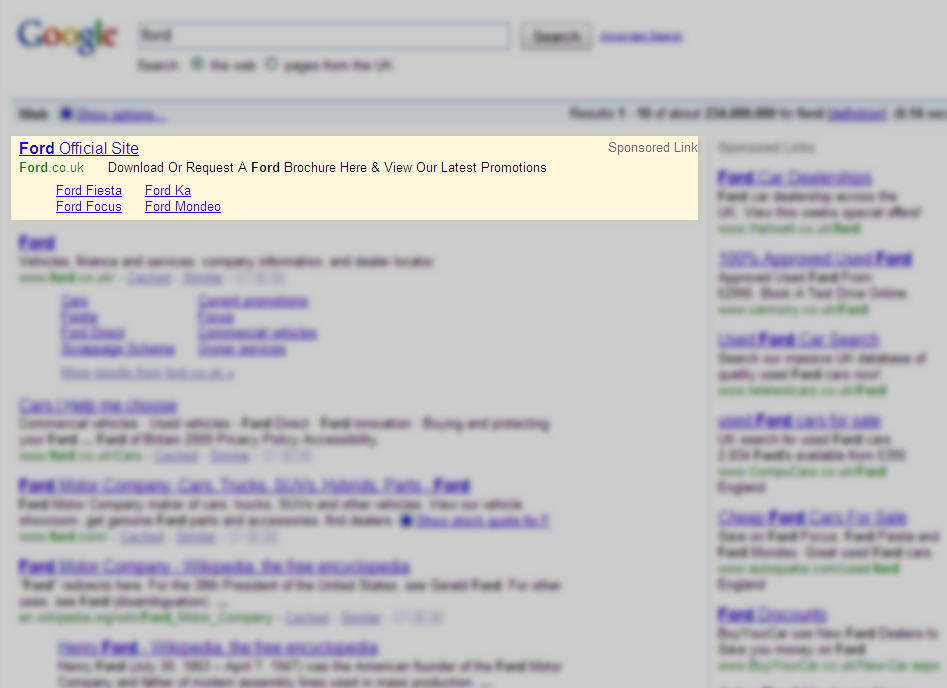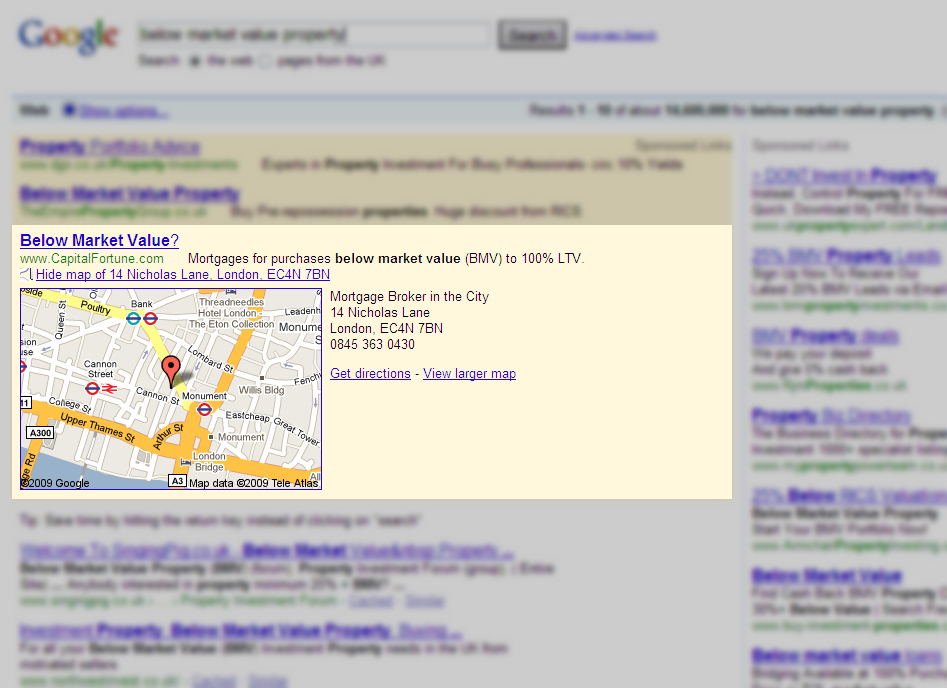Google and Verizon will announce a deal that the New York Times describes “could allow Verizon to speed some online content to Internet users more quickly if the content’s creators are willing to pay for the privilege”.
We believe that the best and the worse in this area has already been done already and now we just carefully watch where this is going. We are web people who are aware what this type of deal may mean for us vs huge corporations. For now it looks like another Googlenet story which may or may not be a huge problem… stay tuned for more news from the Verizon-Google-Obama Administration front.
Net Neutrality The Worst up to date:
The confusion in the US after FCC vs Comcast over Net Neutrality case (2008-2010) which ended in early April 2010. Federal Communication Commission fined Comcast for blocking BitTorrent usage. Comcast won only because they proved in the U.S Court of Appeals that the FCC has no authority to give such a fine. Imagine: broadband service isn’t currently defined as Telecommunication! – Shocked? – me too!
Of course this confusion allows companies to talk about possible deals.
The best on Net Neutrality front up to date:
The Paccific Telegraph Act from 1860 says “Massages received from any individual, company, corporation… shall be impartially transmitted in order of their reception”. This says it all and if current congress will be able to pass an update to this act and extend it to broadband services we are all good. Of course before this happens we have months of lobbying and pressures on Congressman.
The biggest unknown on Net Neutrality up-to-date:
Obama’s Administration – which is trying to patch law and ensure Net Neutrality for the future. Is the president strong enough to gain support from US Congress? Is he interested enough to make an effort? We don’t know.
So we have the typical pressure, lobbying and race between Government/Regulators and Industry itself, which is going to make sure trade standards are faster than regulator’s law.
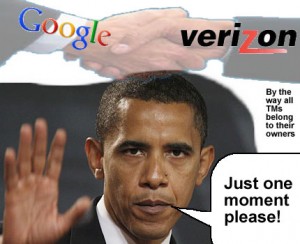
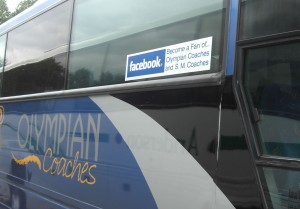
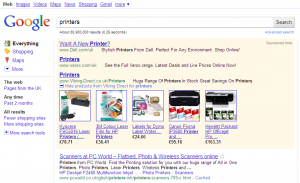

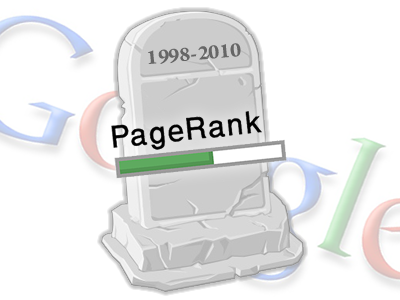 On October 14, 2009, Google employee Susan Moskwa confirmed that the company had removed PageRank from its Webmaster Tools section. Her post said in part, “We’ve been telling people for a long time that they shouldn’t focus on PageRank so much; many site owners seem to think it’s the most important metric for them to track, which is simply not true.”
On October 14, 2009, Google employee Susan Moskwa confirmed that the company had removed PageRank from its Webmaster Tools section. Her post said in part, “We’ve been telling people for a long time that they shouldn’t focus on PageRank so much; many site owners seem to think it’s the most important metric for them to track, which is simply not true.”